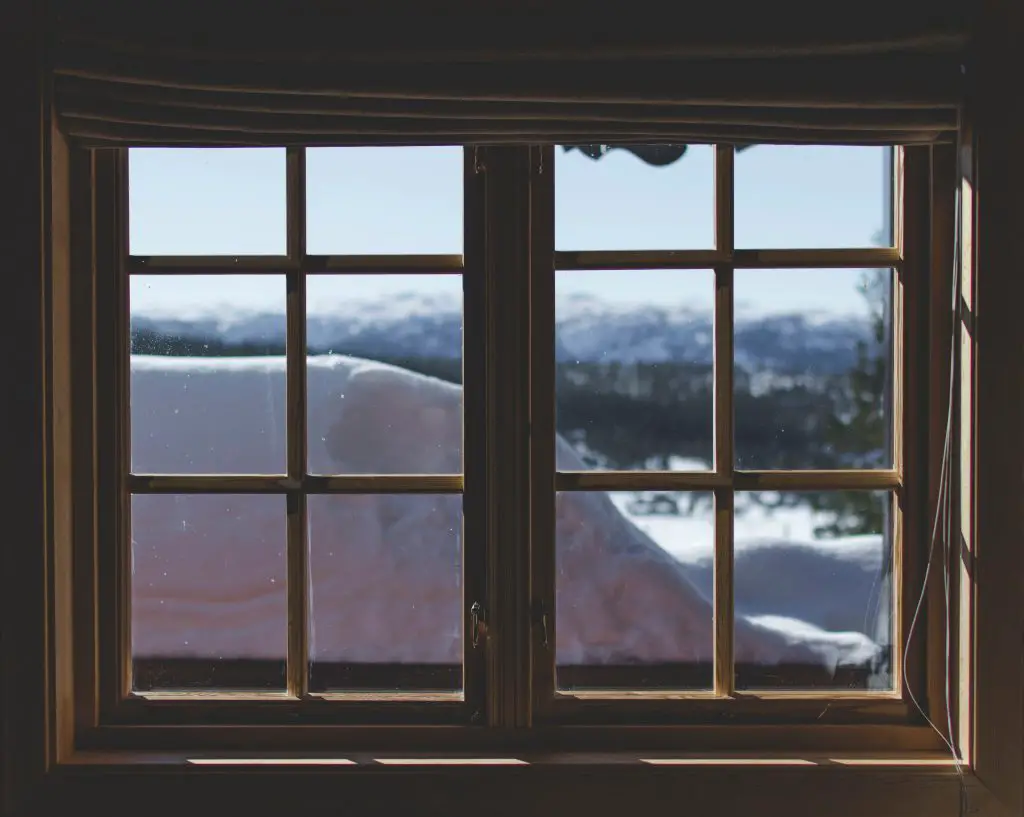When it comes to designing your living room, you’ve probably searched “should sofa face window?”, The answer depends on several factors, including room dimensions, functionality, and aesthetics. This comprehensive guide will walk you through the considerations and provide step-by-step instructions for arranging your living room.

Why Should My Sofa Face The Window?
There are several reasons to consider when deciding whether your sofa should face the window. Natural light can make a room look spacious and inviting. However, there are drawbacks, such as glare on TV screens. Understanding the pros and cons will help you make an informed decision.
Pros and Cons
Here are the pros and cons…
Pros:
Natural Light
One of the most inviting aspects of having your sofa face the window is the natural light that floods into your living room. Natural light can make the space feel airy, open, and welcoming. It also offers an excellent backdrop for reading or simply relaxing.
Outdoor View
Facing your sofa toward the window allows you to take advantage of whatever view is available. Whether it’s a bustling cityscape, a serene garden, or a tranquil lake, an outdoor view adds a sense of depth and can serve as a natural focal point for the room.
Increased Ventilation
When your sofa is near the window, you have the option to open it for fresh air. Ventilation is especially beneficial during warm months, allowing a natural breeze to flow through the room and reducing the need for air conditioning.
Cons:
Glare on Screens
One downside to placing your sofa facing the window is that the natural light can cause glare on TV screens or laptops. This can be particularly problematic for daytime viewing or working from home, and you may need to invest in blinds or curtains to mitigate the effect.
Potential Privacy Concerns
If your window faces a busy street or nearby neighbors, having your sofa facing the window may lead to privacy concerns. You might need to invest in shades, curtains, or other window treatments to maintain your privacy.
Fading Furniture
Prolonged exposure to direct sunlight can cause your sofa’s fabric to fade over time. This is especially a concern for darker or more vibrant colors. If this is a major issue, consider UV-protective window films or coatings.
Considerations Before You Decide
Before deciding on the orientation of your sofa, there are several key considerations to keep in mind.
Room Size
The size of your living room can greatly impact whether your sofa should face the window. Smaller rooms might benefit from a window-facing sofa to create an illusion of space, while larger rooms offer more flexibility.
Location of Power Outlets
Keep an eye on where the power outlets are located in your room. This will determine the feasibility of certain layouts, especially if you plan to set up a TV, lamp, or other electronics near your sofa.
Activities
Think about the primary activities for which you’ll use the room. If you plan on watching a lot of TV, glare might become an issue. If the room is more for socializing or reading, then a sofa facing the window would be more beneficial.
Step-by-Step Guide to Arranging Your Living Room
Measure the Room: The first step in any layout decision is to measure the room. Use a tape measure to note the length and width of your living room, taking into account any built-in features like fireplaces or alcoves.
Identify Power Outlets: Knowing the locations of power outlets will help you position electronics efficiently. Use a notepad to sketch the room and mark the locations of these outlets.
Plan Your Activities: Consider what the main activities in the living room will be, such as watching TV, entertaining guests, or reading. Your activities will inform your layout choices.
Sketch a Layout: With all the above considerations in mind, take a paper and pencil to draw potential layouts. This is the time to experiment with different orientations, including whether your sofa should face the window.
Move the Furniture: Now that you have a plan, start by moving the largest pieces of furniture first, such as the sofa and TV stand. Test out the layout for a few days to ensure it meets all your needs before finalizing.
For more articles on sofas, click here: Sofas: Easy Guide to Understanding Sofas and Related Furniture
Conclusion: Should Sofa Face Window?
Deciding whether your sofa should face the window is more than just an aesthetic choice; it’s about optimizing your living space for comfort, functionality, and personal preference. While facing your sofa toward the window can offer the benefits of natural light, outdoor views, and increased ventilation, it also presents challenges like glare on screens, potential privacy issues, and the risk of fading furniture.
Taking the time to consider the size of your room, the location of power outlets, and the primary activities for which the room will be used can significantly inform your decision. With careful planning and thoughtful consideration of the pros and cons, you can arrive at a living room layout that not only looks good but also suits your lifestyle.
In the end, the orientation of your sofa should serve to enhance your overall living experience. By following the step-by-step guide provided, you can systematically approach this common design dilemma and make an informed decision tailored to your specific needs and preferences.
